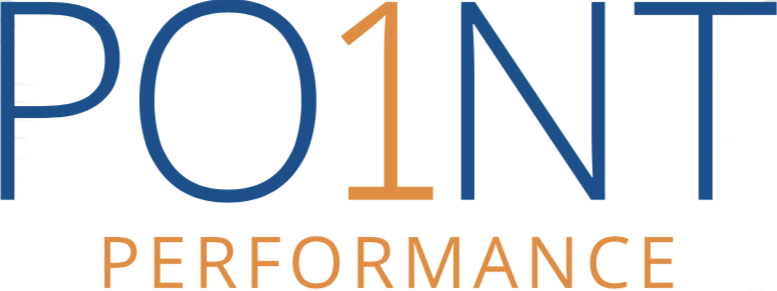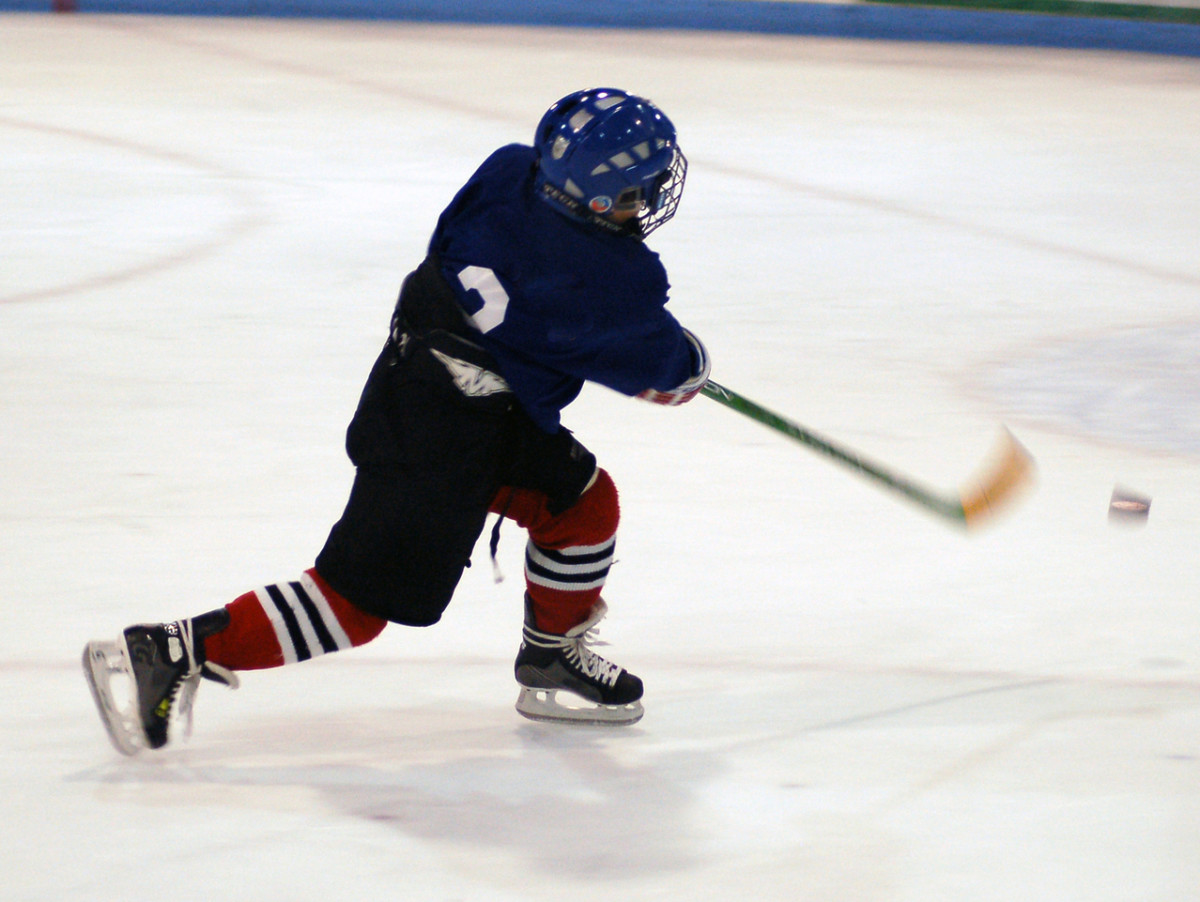Today’s athletic kids are even more active than the previous generation. Not only are many of them playing sports every season; some are playing more than one sport at a time or overlapping sport seasons. Some even have regular sports practice combined with individual private coaching. About 30 million kids participate in organized sports. Currently, about 3.5 million children are treated for injuries related to sports or recreational activity.
Between 2001 and 2013, the percent of sports-related injuries in children 5-18 rose steadily. For example, internal organ injury increased from 2.5 percent to almost six percent, while concussions more than doubled, from 2 percent to 4.6 of all injuries reported.
Today’s injuries among children are commonly related to overuse. Kids are more competitive and specialized in their sports, which can lead to working out one area of the body more than their developing bodies may be able to handle. It is now more common for kids to experience pain that adults tend to have, such as back pain or muscular strains.
That doesn’t mean you should keep your child from participating in sports or recreational play. Above all, being active is important for their development. And the good news is that kids recover faster from many injuries than adults would. Despite generally fast recovery time,the best way to handle injuries is to prevent them from occurring in the first place. Kids, particularly adolescents, grow so quickly that they may not be used to their changing bodies, with difficulty controlling longer limbs or using certain muscles.
When should your child visit a physical therapist? If they’re complaining of pain after activity, if pain is lasting longer than a couple weeks, if pain and occurs after ordinary activity (such as walking to school), or if there is a more traumatic incident during play, such as rolling an ankle.
A physical therapist can work with your child to recover and strengthen areas that may be affected by the injury. The therapist can also help him or her work on methods to prevent the injury from recurring. They can teach them specific stretches and strengthening exercises. Adolescents who are adjusting to growth spurts can learn core strengthening and stability exercises to help gain better balance and control over their “new” bodies.
More importantly, parents should talk with their kids about balancing their activities, recognizing symptoms of pain, and teaching them when they may be overdoing it. Kids are less likely to recognize when they’re injured. Parents should talk with the physical therapist separately to learn more about how to help their children recover and work through the prescribed home exercises.

